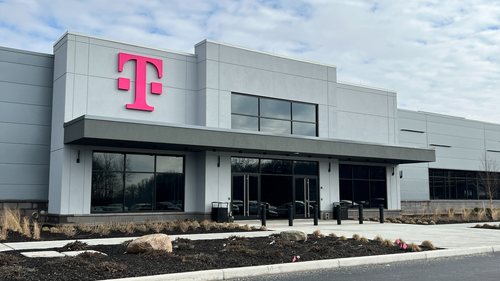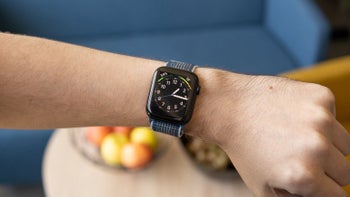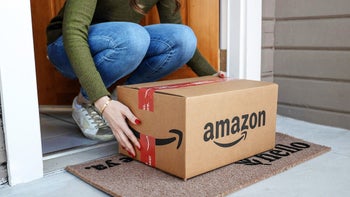A common household appliance can slow down your Wi-Fi signal

If you're experiencing slower Wi-Fi data speeds while doing something important on the internet such as a video chat with your family or watching a video in high-def, the problem might be your appetite. U.K. media regulator Ofcom posted tips on the internet designed to improve online connections indoors. The regulator states that internet data speeds are negatively impacted when a microwave oven is in use. This material includes tips on improving broadband performance which of course, means enhancing your Wi-Fi connection.
A Microwave oven is only one of the household items that Ofcom says will interfere with a Wi-Fi signal. If too close to your internet router, simple objects such as baby monitors, halogen lamps, cordless phones, dimmer switches, stereos and computer speakers, and televisions and monitors will interfere with the Wi-Fi signals coming from a router.
Calls being made via landline or the internet are more reliable than calls made over a cellular network
The internet is being tested with so many people forced to stay at home during the COVID-19 outbreak. Many families across the U.K. are constantly online trying to check the latest news about the coronavirus, working from home and entertaining the kiddies. Ofcom chief executive Melanie Dawes said, "So we’re encouraging people to read our advice on getting the most from their broadband, home phones, and mobiles – and to share it with friends, families, and colleagues, to help them stay connected too."


Speaking of making calls over the internet, Ofcom says that some mobile providers are offering Wi-Fi calling which allows consumers to make calls over the internet or through a mobile hotspot. In most cases, Wi-Fi calling is used when the phone owner's cellular signal is not strong enough to carry a conversation.
Ofcom also points out that without having a proper signal, you could miss vital text messages such as those giving two-factor authentication codes. Missing out on these texts could result in the inability to buy goods and services online. With two factor authentication, you receive a special number via text after signing in to a website. Punching in this number confirms your identity.
The regulatory agency also notes that some wireless carriers in the U.K. offer signal boosters that enhance the signals being received indoors. This is recommended for those who have a strong broadband connection but have poor indoor reception of cellular signals.
With so many people staying home in the U.K. and the rest of the world, many more smartphone users find themselves connected to their home Wi-Fi network. This is one of the major reasons for the huge increase in broadband demand. But if you need to be connected for a call or video chat with a reliable connection, your best bet is to grab a bite before or after you make the call or chat. Otherwise, the use of your microwave oven while being connected to a call or chat could result in your missing out on hearing or viewing an important conversation.










Things that are NOT allowed: